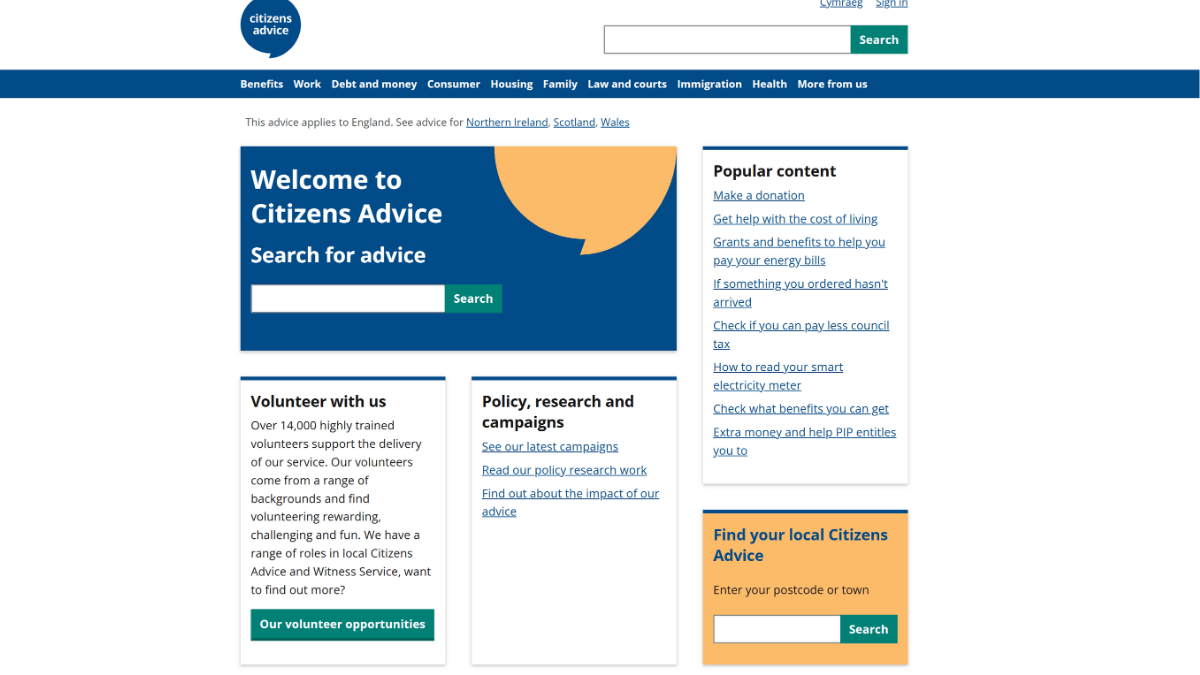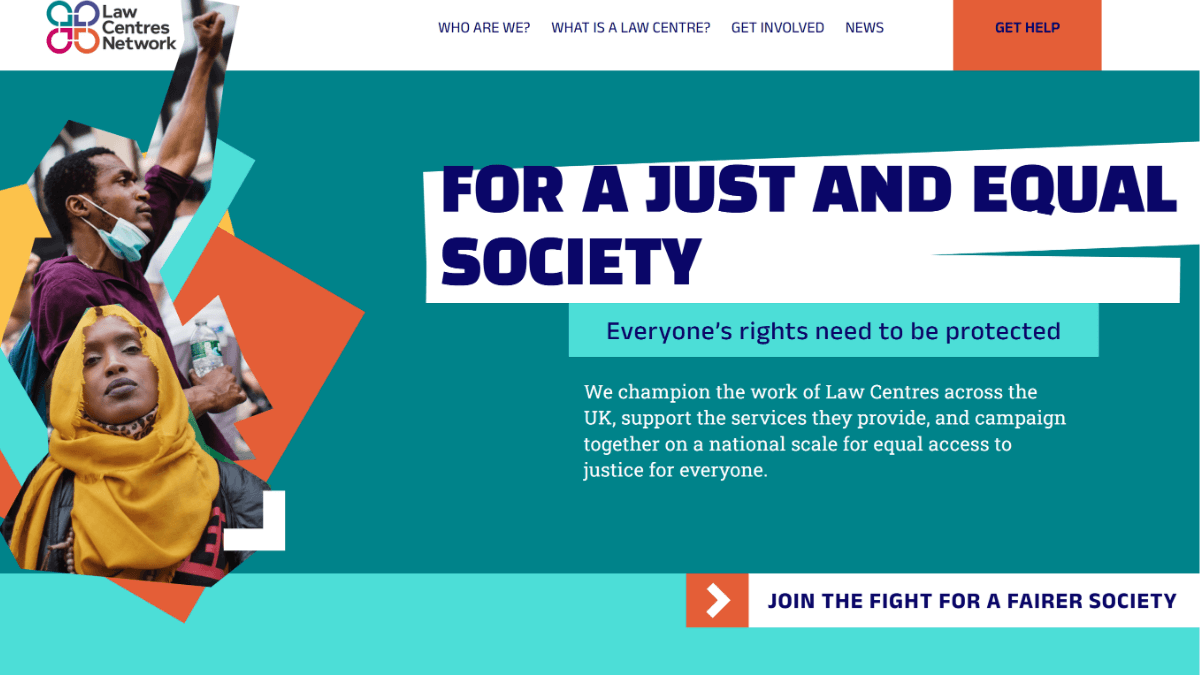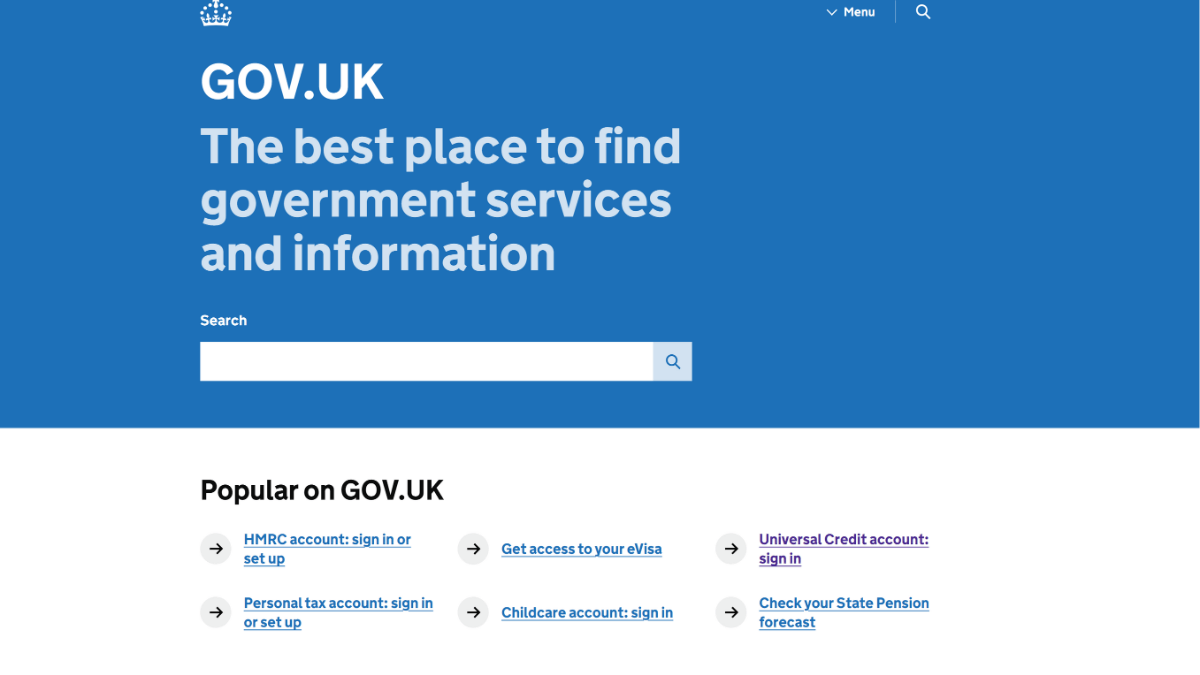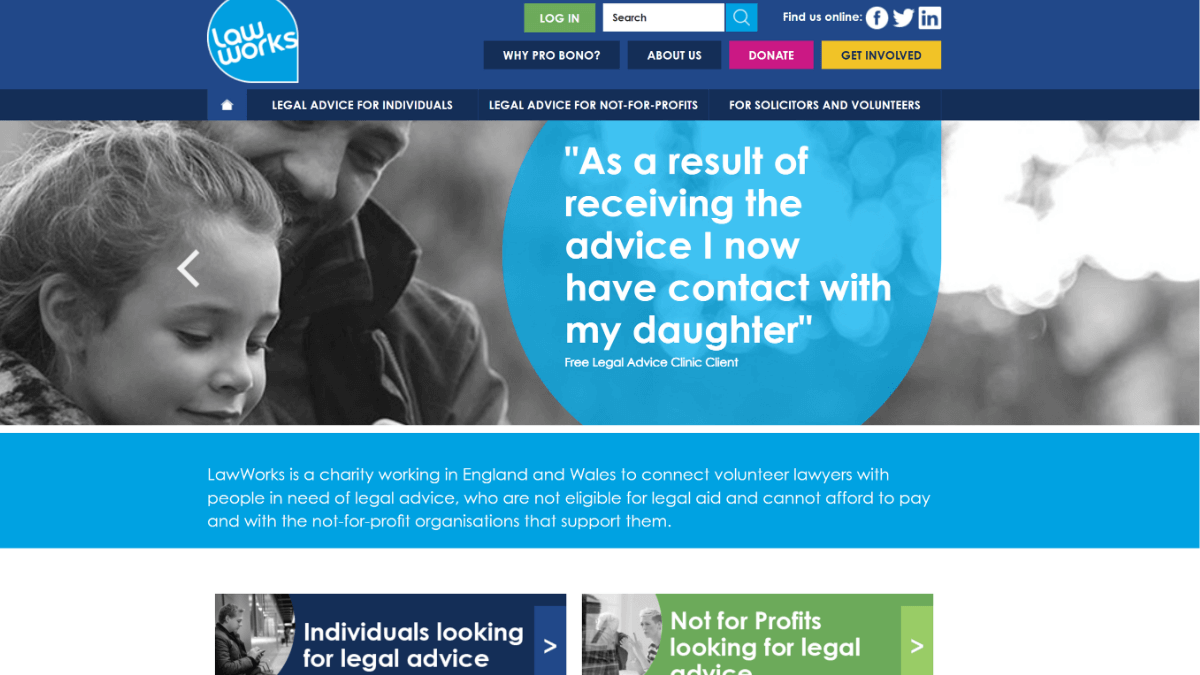Top 5 Free Legal Support Services in the UK

People who can afford expensive lawyers aren’t the only ones who have legal problems. Every year, thousands of people in the UK have legal problems, and many of them can’t afford professional legal help.
These problems can be with a landlord, a family member, a benefit denial, or immigration issues. Justice shouldn’t cost a lot of money. This is why free legal support is so important.
The good news? The UK has a strong safety net of free legal services that are meant to help everyone, no matter how much money they have.
People can find out about their rights, get their legal documents ready, and even have someone go to court for them if they need to.
This guide explores five of the most trusted free legal support services in the UK, along with additional resources for specific legal needs.
You can get useful, free help close to you whether you’re being threatened with eviction, discrimination at work, or a problem with an appeal for benefits.
1. Citizens Advice

Your first stop for general legal guidance
Official Website: citizensadvice.org.uk
Citizens Advice is often the starting point for anyone needing free legal assistance in the UK.
This charity has more than 2,500 locations across the country and offers free, unbiased, and private advice to everyone, no matter how much money they have.
Areas Covered:
- Debt & Money – Managing arrears, dealing with creditors, and court procedures
- Housing – Rights of tenants, eviction processes, and homelessness help
- Family – Child custody, divorce, and domestic abuse
- Employment – Disputes, unfair dismissal, and workplace discrimination
- Consumer Rights – Problems with purchases, services, or scams
Citizens Advice also provides extensive online guidance and self-help tools.
2. Law Centres Network

Community-based legal support for the underserved
Official Website: lawcentres.org.uk
The Law Centres Network operates through not-for-profit law centres dedicated to helping marginalised communities.
Staffed by qualified solicitors and caseworkers, they provide legal representation and advice on complex legal matters.
What They Specialize In:
- Housing issues like illegal eviction or disrepair
- Employment cases including unpaid wages or discrimination
- Immigration and asylum support
- Access to welfare benefits
Law Centres go beyond advice—they may represent clients in court or tribunals. Their legal teams often work on the front lines of social justice issues.
3. Civil Legal Advice (CLA)

A government-backed route to free legal help
Official Website: gov.uk/civil-legal-advice
Civil Legal Advice, funded by the UK government, offers free legal advice by phone or online for those who qualify financially.
CLA Supports Issues Related To:
- Debt (especially where your home is at risk)
- Family issues (like domestic violence or child arrangements)
- Special educational needs
- Housing (eviction, disrepair, etc.)
- Discrimination under the Equality Act 2010
To access CLA, you’ll need to complete a means test (based on income and savings). If you’re eligible, you’ll be connected with an advisor or solicitor.
4. LawWorks

Volunteer lawyers helping individuals and non-profits
Official Website: lawworks.org.uk
LawWorks is a charity that partners with law firms to provide pro bono legal support.
Their nationwide network of over 300 free legal clinics offers one-off advice sessions on civil law matters.
Services Provided:
- General civil legal advice (not including criminal or family law)
- Support for community groups and charities
- Legal guidance for those not covered by Legal Aid
Many clinics are run by qualified solicitors, law students, and trainees under supervision. This ensures a mix of enthusiasm, up-to-date legal knowledge, and professionalism.
5. Advocate (The Bar Pro Bono Unit)

Get a barrister to represent you for free
Official Website: weareadvocate.org.uk
When your case is headed to court, Advocate connects people with barristers who are willing to work pro bono.
This is particularly helpful if you’ve been refused Legal Aid or can’t afford legal representation.
Advocate Can Help With:
- Legal research and documentation
- Advice on legal arguments and proceedings
- Court representation for civil, family, or employment disputes
Applications must be made through a referral (e.g., from Citizens Advice or a solicitor), and eligibility is based on both merit and financial need.
Also Read: Understanding Workers’ Rights in the UK: A Comprehensive Guide
Who Is Eligible for Free Legal Support in the UK?
Eligibility for free legal services in the UK depends on several factors, including your financial situation, the type of legal issue you’re facing, and sometimes the merits of your case.
Each organization or government program has its own criteria, but here’s a general overview to help you determine if you qualify.
1. Financial Eligibility
Most services consider your income, savings, and living circumstances before offering legal help.
You’re more likely to qualify if you:
- Receive means-tested benefits (e.g., Universal Credit, Income Support, or ESA)
- Have low income and limited savings
- Live with dependents or have high essential living costs
For example, Civil Legal Advice and Legal Aid both use means testing to evaluate whether you can afford to pay for legal help. They may request information about:
- Monthly income
- Bank statements
- Rent or mortgage payments
- Childcare or disability-related expenses
Use the government’s Legal Aid Eligibility Checker: gov.uk/check-legal-aid
2. Type of Legal Issue
Not every legal problem qualifies for free support. Most free services focus on civil law, not criminal cases.
Eligible civil law areas often include:
- Housing (evictions, homelessness, disrepair)
- Domestic abuse and child custody issues
- Employment disputes
- Welfare benefits and appeals
- Immigration and asylum
- Debt (especially if your home is at risk)
- Discrimination under the Equality Act 2010
If your issue falls outside these categories (e.g., business-related litigation or parking fines), you may not be eligible for free support.
3. Case Merits
Some services—especially Advocate and Legal Aid—also assess whether your case has a reasonable chance of success.
They’ll look at:
- The seriousness of the case
- Evidence available
- Whether it’s in the public interest to proceed
- Alternatives to legal action (e.g., mediation)
Even if you meet financial criteria, you may be refused if your case lacks merit or is considered too weak.
4. Residency and Immigration Status
You generally need to be:
- A UK resident
- Or someone seeking asylum or refugee protection
- Or in an exceptional case (such as trafficking or domestic violence) that qualifies for help regardless of status
However, immigration advice is often subject to stricter rules, so it’s best to go through a specialist organization like a Law Centre or Shelter.
5. Referral Requirements
Some services—like Advocate or the Free Representation Unit (FRU)—require a referral from a third party, such as:
- Citizens Advice
- A solicitor or advice agency
- A university law clinic
You can’t usually approach them directly unless you’ve been guided there through another channel.
Also Read: Free Legal Aid UK: How To Access It And Who Qualifies for Support
Quick Checklist: Are You Eligible?
✔ Do you receive income-based benefits or have limited savings?
✔ Is your case related to housing, family, employment, immigration, or discrimination?
✔ Do you need help filling out forms, writing letters, or going to court?
✔ Are you unable to afford a private solicitor?
If you answered yes to two or more, you likely qualify for some level of free legal assistance.
Conclusion: Help Is Closer Than You Think
Legal issues can be stressful, especially when finances are tight. But you don’t have to face them alone.
Whether you’re struggling with a landlord, need help with benefits, or facing discrimination, there are many trusted, free legal support services in the UK ready to help.
From Citizens Advice to LawWorks, and from Legal Aid to Shelter, these services exist to ensure that justice remains accessible, not just for those who can pay, but for everyone.
Take the time to explore these options. The support you need might be just a phone call or web form away.





